In recent years, the gaming industry has witnessed a seismic shift not just in how games are played and distributed, but also in how they’re monetized and experienced by players worldwide. At the forefront of this evolution is the integration of cryptocurrency—a digital or virtual form of currency that uses cryptography for security—into the gaming ecosystem. This fusion is not just transforming the economic model of gaming but is also reshaping player engagement and community dynamics. Let’s explore the multifaceted world of games using cryptocurrency, examining their mechanics, benefits, challenges, and potential future.
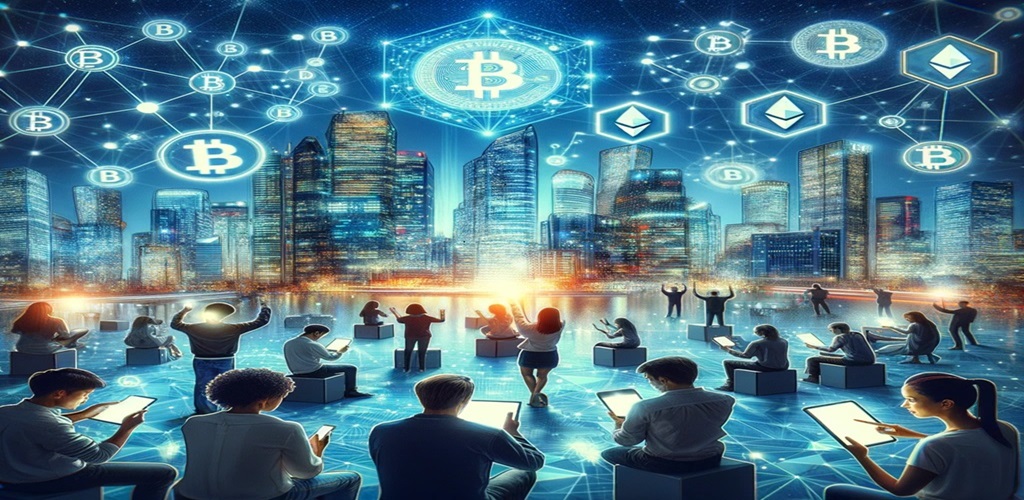
The Mechanics of Crypto Gaming
Crypto gaming, often intertwined with the concept of blockchain technology, introduces a decentralized framework for game development and play. Unlike traditional gaming models, where assets and currencies remain within the confines of the game, crypto gaming leverages blockchain to offer players true ownership of in-game assets. These assets, whether they be characters, skins, weapons, or virtual land, are often tokenized as non-fungible tokens (NFTs). This means each asset is unique and can be traded, sold, or purchased on various platforms, often using cryptocurrency as the medium of exchange.
Play-to-Earn: A New Paradigm
One of the most revolutionary aspects of crypto gaming is the play-to-earn (P2E) model. This model rewards players with cryptocurrency or NFTs for achieving certain milestones, participating in events, or simply engaging with the game over time. The allure of earning real value while playing has attracted a vast audience, especially in regions where traditional economic opportunities may be limited.
Gaming Economies and DeFi
Decentralized Finance (DeFi) principles have also seeped into the gaming world, allowing players to lend, borrow, or stake their in-game assets in ways that mirror real-world financial activities. This integration has led to the development of complex in-game economies where the line between virtual and real financial systems starts to blur.
Benefits of Cryptocurrency in Gaming

True Ownership and Interoperability
Cryptocurrency and blockchain technology enable players to have verifiable ownership of in-game assets. These assets can often be used across multiple games or platforms, a concept known as interoperability. This not only enhances the value of digital assets but also opens up new avenues for gamers to engage with different ecosystems without starting from scratch.
Global Accessibility and Inclusivity
Cryptocurrency operates on a global scale, bypassing traditional banking systems and geographical limitations. This makes crypto games more accessible to a wider audience, providing opportunities for players in regions without robust financial infrastructure to participate and earn.
Challenges and Considerations
Regulatory and Security Concerns
The integration of cryptocurrency into gaming brings its set of regulatory challenges. Governments and financial institutions are still grappling with how to classify, regulate, and tax cryptocurrency transactions. Additionally, the decentralized nature of crypto games raises security concerns, including the risk of hacks, scams, and the potential for money laundering.
Market Volatility
The value of cryptocurrencies and NFTs can be highly volatile, subject to market trends, and investor sentiment. This volatility can affect the stability of in-game economies and the real-world value of the rewards players earn.
The Future of Crypto Gaming
As technology evolves, so too will the mechanisms and models at play within crypto gaming. We are likely to see more sophisticated games offering deeper, more immersive experiences that leverage blockchain technology in novel ways. The challenges of regulation, security, and market volatility will necessitate innovative solutions, potentially leading to more stable and secure gaming ecosystems.
Furthermore, the concept of metaverses—virtual worlds where players can interact, play, and participate in a digital economy—will likely continue to grow, with cryptocurrency playing a pivotal role in these spaces. The integration of artificial intelligence, virtual reality, and augmented reality into crypto gaming could also lead to more engaging and realistic gaming experiences.
In conclusion, the intersection of gaming and cryptocurrency represents a groundbreaking shift in digital entertainment, offering players unprecedented levels of engagement, ownership, and economic opportunity. While challenges remain, the potential for innovation and transformation within this space is boundless. As we look to the future, it’s clear that crypto gaming will continue to evolve, redefine, and revolutionize the gaming landscape.
Introduction to cryptocurrency games.
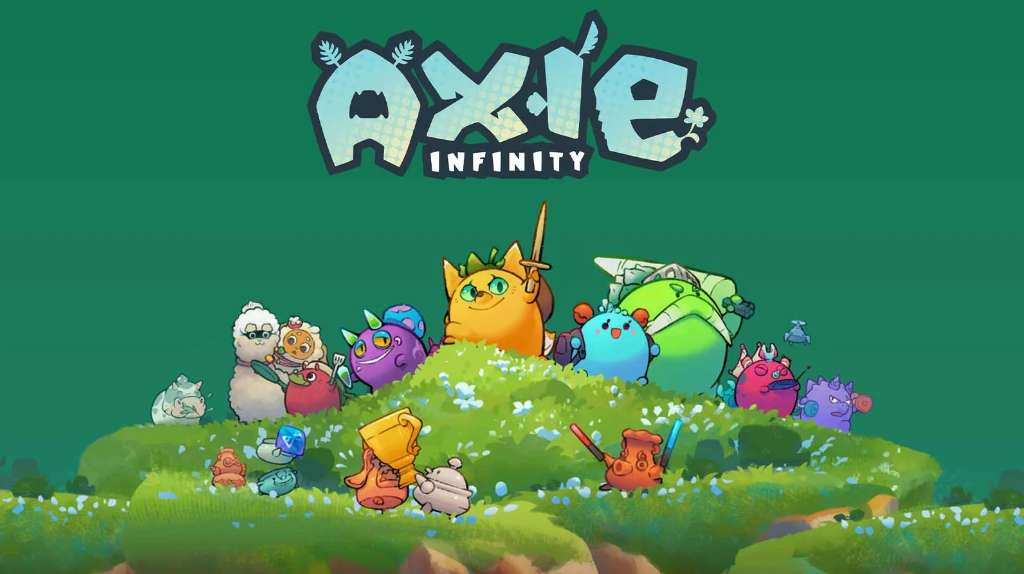
Axie Infinity – Perhaps the most well-known play-to-earn game, Axie Infinity allows players to collect, breed, raise, battle, and trade token-based creatures known as Axies. The game operates on its own Ronin blockchain and uses Ethereum-based cryptocurrencies, AXS (Axie Infinity Shards) and SLP (Smooth Love Potion), for transactions within the game.
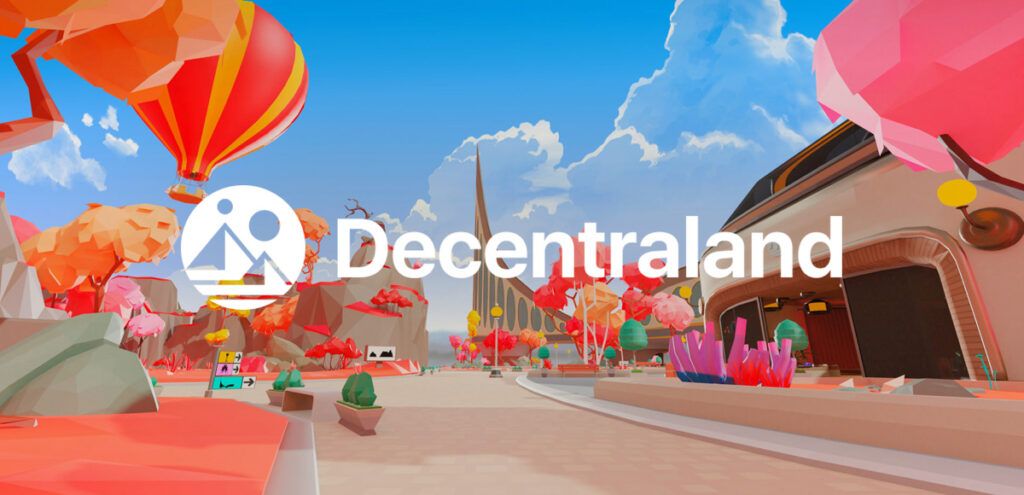
Decentraland – Not a game in the traditional sense but a virtual world or metaverse, Decentraland allows users to buy, sell, and develop digital real estate. It operates on the Ethereum blockchain, and transactions are conducted with MANA, its native cryptocurrency. Within this platform, users can create games, applications, gambling services, and even dynamic 3D scenes.
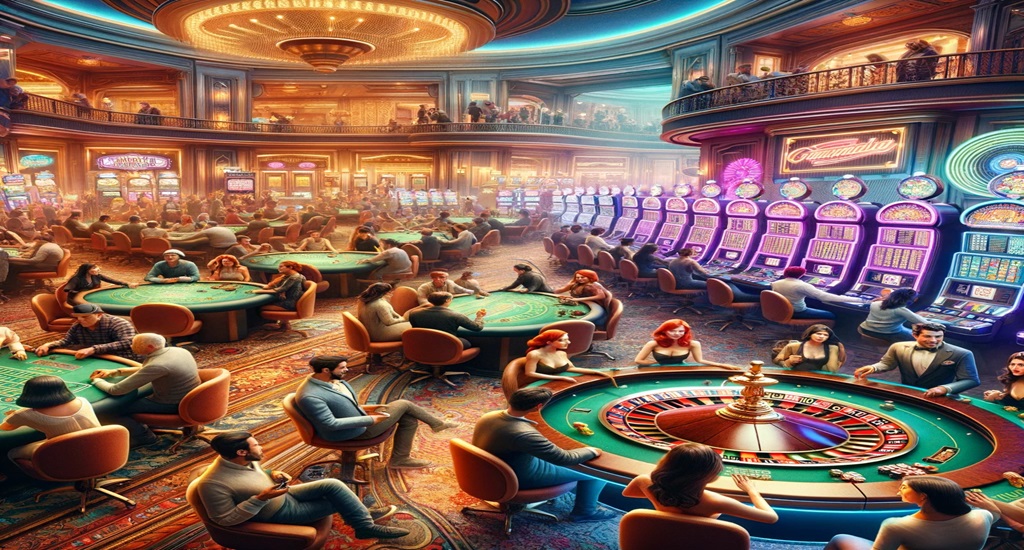
안전카지노사이트 – bou-77.com 에서는 안전카지노사이트에 대한 개념 정리부터 안전카지노 사이트 소개와 다양한 카지노 게임을 소개해드립니다. 안전카지노 사이트 이용은 모든 유저들의 고민이고 가장 중요한 문제 입니다. 얼마나 오랫동안 운영되어 왔고 카지노사이트 커뮤니티에 사고 관련 정보가 없는게 가장 기본 원칙입니다. 이러한 기본적인 원칙을 지키는 카지노는 의외로 많이 않습니다. 안전카지노 사이트 bou-77.com 에서는 안전한 카지노사이트 이용방법에 대해 자세히 알려드립니다.

The Sandbox – Similar to Decentraland, The Sandbox is a community-driven platform where creators can monetize voxel ASSETS and gaming experiences on the Ethereum blockchain. The game uses SAND as its native token, offering a decentralized platform for a thriving gaming community.
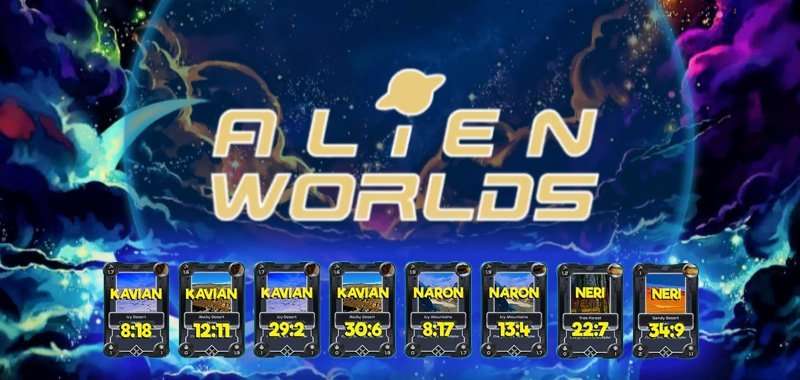
Alien Worlds – An NFT DeFi metaverse that simulates economic competition and collaboration between players in a space-themed environment. Players can mine Trilium (TLM), the native token, on different planets and use NFTs to mine faster or engage in battles.
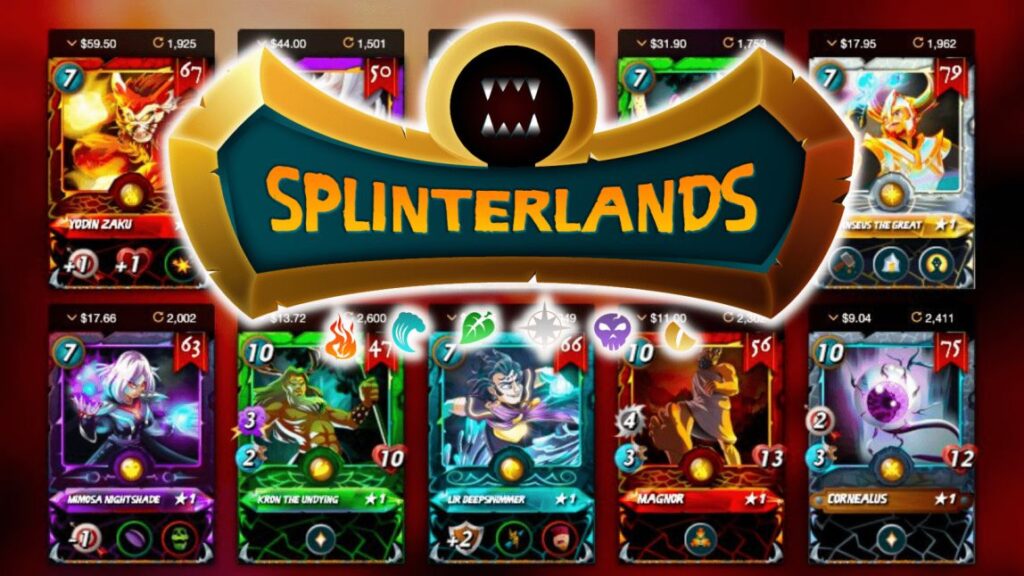
Splinterlands – A digital, collectible card game built on the Hive blockchain, Splinterlands allows players to earn rewards based on their gameplay performance and the value of their card collection. It’s known for its quick battles, play-to-earn model, and the ability to trade cards as NFTs on various marketplaces.
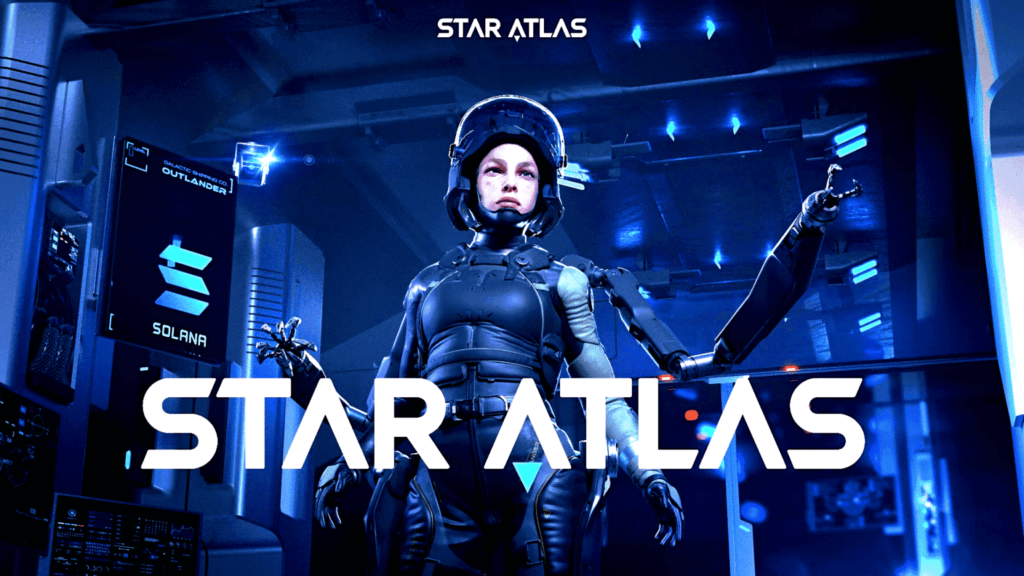
Star Atlas – An ambitious, long-term project, Star Atlas is a space-themed, grand strategy game of exploration, territorial conquest, and political dominance. It’s built on the Solana blockchain and utilizes ATLAS and POLIS tokens. The game features a detailed universe where players can control spacecraft, explore the stars, and trade resources.

Illuvium – An open-world RPG adventure game built on the Ethereum blockchain, offering a decentralized platform where players can capture and train creatures known as Illuvials. The game combines elements of traditional gaming with blockchain technology, using ILV tokens to participate in the economy and governance.
These games are part of a rapidly evolving landscape where the integration of blockchain, cryptocurrency, and NFTs is continually changing. The popularity and usage of these games can fluctuate based on various factors, including market trends, community engagement, and technological developments. As the blockchain gaming industry grows, we can expect to see new titles emerge, offering innovative ways to play, earn, and interact within virtual worlds.

